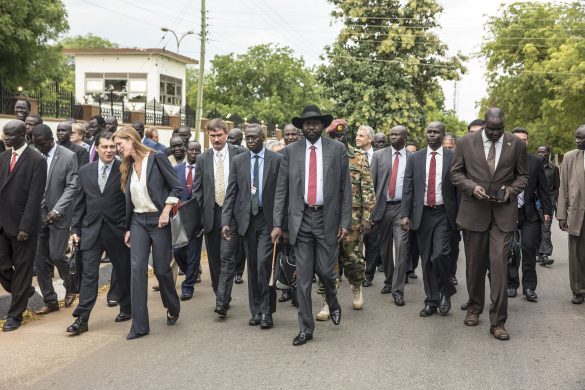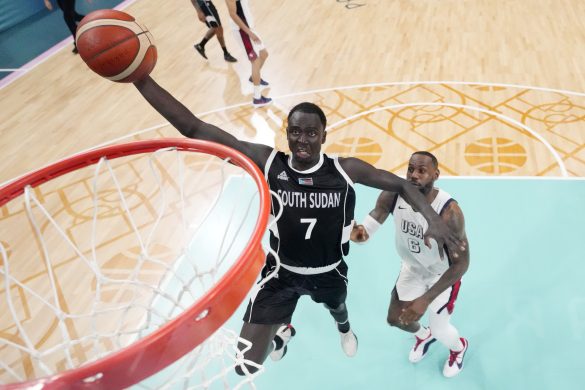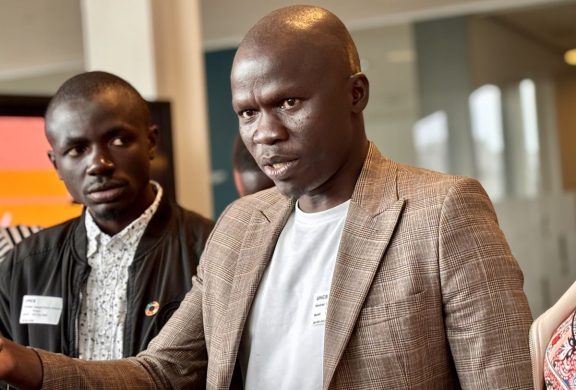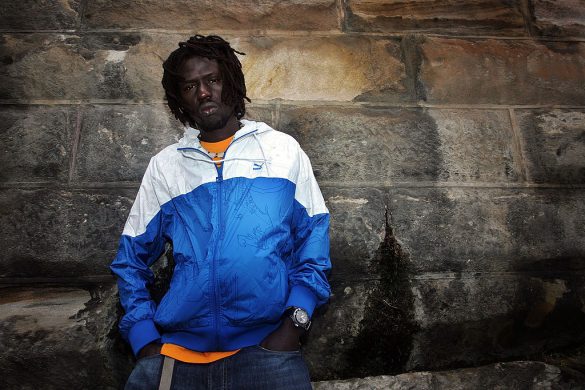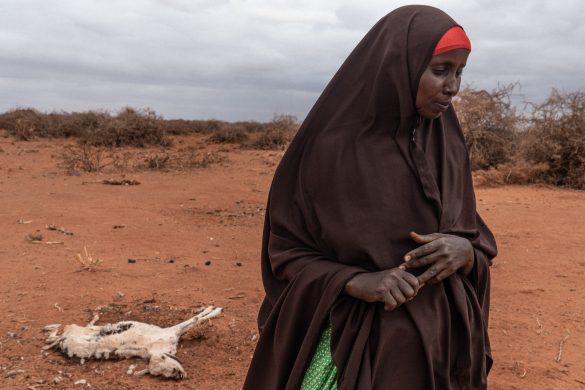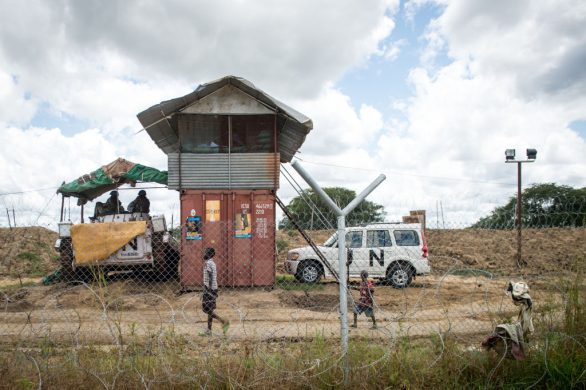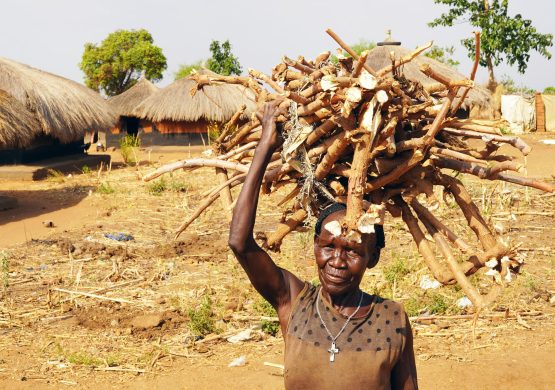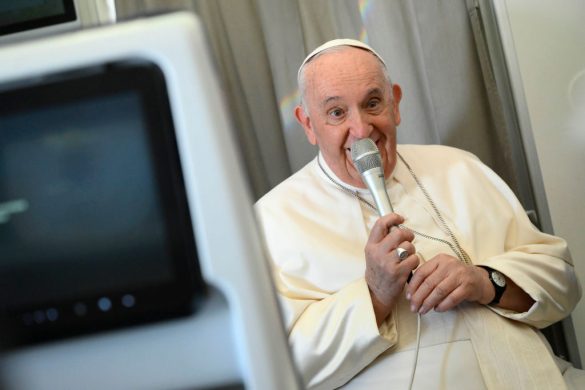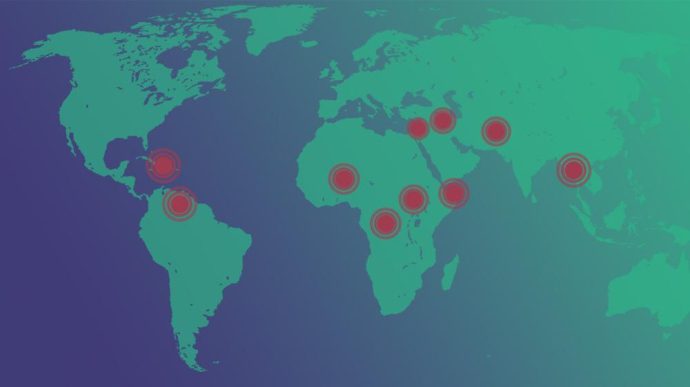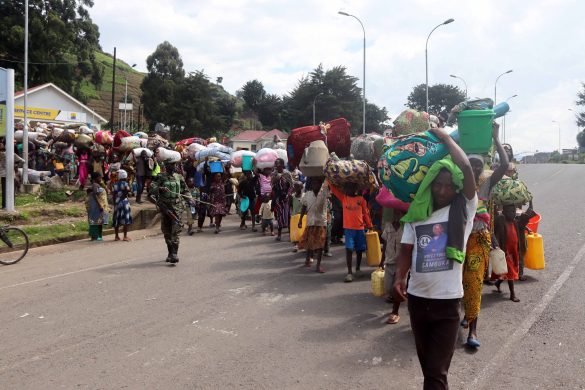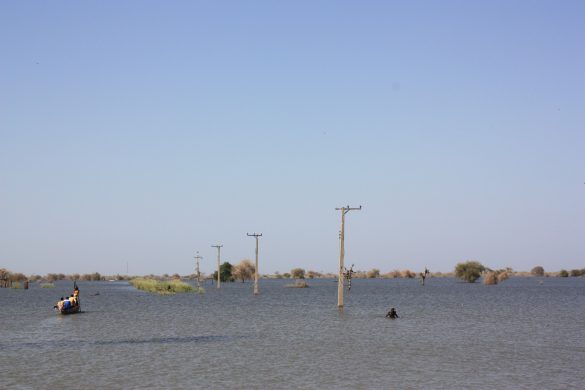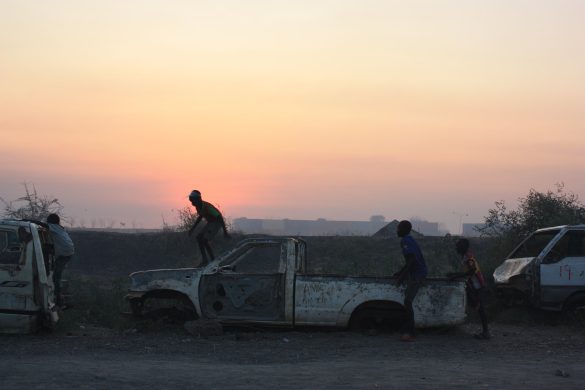En rapport, der blev præsenteret mandag, beskylder lederne af de stridende grupper i Sydsudan for at berige sig, mens de bekriger hinanden. Det er meget uklart, hvor mange der er blvet dræbt i krigen, der begyndte i december 2013. Men allerede i 2014 blev det anslået at kampe og massakrer havde kostet mellem 50.000 og 100.000 liver og i foråret 2016 talte hjælpeorganisationer om op mod 300.000.
Der er blevet rapporteret om alverdens overgreb – ikke mindst systematiske voldtægter – begået af begge sider i krigen.
Der er indgået en fredsaftale og regeringen er gået med til at FN sender flere tropper til organisationens UNMISS-mission, der i flere omgange har vist sig mere eller mindre magtesløs.
Det er organisationen The Sentry Group, der står bag rapporten.
Salva Kiir og Riek Machar og folkene omkring den skal angiveligt have samlet store værdier i form af bl.a. ehjendomme og luksusbiler i udlandet.
I en pressemeddelelse fremhæver organisationen nogle hovedpunkter fra rapporten:
- South Sudan’s president and the former vice president, their families and inner circles have stashed fortunes that include overseas mansions, luxury cars, and stakes in an array of businesses – major multinational oil and mining companies, banks, casinos, and an airline — and have left a trail of murky transactions, insider deals, and outright fraud.
- The report details international complicity at every turn — bankers, businessmen, arms dealers, real estate agents, and lawyers who facilitate their heist.
- The Sentry found evidence of complicity in the looting and destruction of South Sudan on five different continents: Europe, Africa, Asia, and Australia, and North America.
- The Sentry has collected images of family members of these top officials jet-setting and partying in 5-star hotels, and documentation of their offshore mansions and properties.
- Researchers pored through thousands of pages of legal records, corporate filings, financial statements, transaction and shipping documents, and other official correspondence; tracked suspects’ online social media footprints; and utilized satellite imagery to gather and analyze data about their assets and movements. Investigators traveled to multiple locations including Melbourne, Adelaide, Addis Ababa, Kampala, Juba, Cairo and Nairobi, to gather evidence and interview hundreds of experts and eyewitnesses, many of whom spoke under the condition of anonymity.
- Dossiers are already being turned over to US and international governments and agencies for enforcement action.
- The report offers recommendations for an innovative new policy approach for preventing atrocities and promoting peace: combining anti-money laundering measures with targeted sanctions focused on the top leaders, accompanied by robust enforcement.
Her følger et resumé af rapporten.
South Sudan, the world’s newest state, continues to be embroiled in a horrific civil war.
Tens of thousands of people have lost their lives, many of them civilians. Mass rape has been used as a weapon of war. Children are routinely recruited as soldiers and sent as cannon fodder into combat.
As of July 2016, some 2.3 million people have been displaced by the conflict. A staggering 5.1 million people—almost half the country’s population—require food assistance. Entire towns have been destroyed.
The Office of the United Nations High Commissioner for Human Rights (OHCHR) has called South Sudan “one of the most horrendous human rights situations in the world.”
The proximate cause of this brutal civil war was a falling out between the country’s top politicians: President Salva Kiir Mayardit and deposed Vice President Riek Machar Teny.
But South Sudan’s civil war is not the result of a blood feud between two men, conventional explanations notwithstanding.
The key catalyst of South Sudan’s civil war has been competition for the grand prize—control over state assets and the country’s abundant natural resources—between rival kleptocratic networks led by President Kiir and Vice President Machar.
The leaders of South Sudan’s warring parties manipulate and exploit ethnic divisions in order to drum up support for a conflict that serves the interests only of the top leaders of these two kleptocratic networks and, ultimately, the international facilitators whose services the networks utilize and on which they rely.
In 2015, The Sentry began to follow the money that has been and continues to be amassed by these networks.
This report highlights the link between systemic corruption and violent conflict, including the mass atrocities committed during the civil war.
The Sentry’s investigation focused on top officials identified by the United Nations and African Union as having command authority over military operations that have resulted in widespread human rights crimes since December 2013, including President Kiir; Vice President Machar; Gen. Paul Malong Awan, the Chief of Staff of the Sudanese People’s Liberation Army (SPLA); South Sudan’s armed forces; Gen. Malek Reuben Riak, the Deputy Chief of Staff of the SPLA for Logistics who is in charge of military procurement; and Gen. Gabriel Jok Riak, a field commander under sanctions by the United Nations Security Council. The following are the findings of The Sentry’s investigation.
Download hele rapporten War Crimes Shouldn't Pay (PDF, 66 sider)

